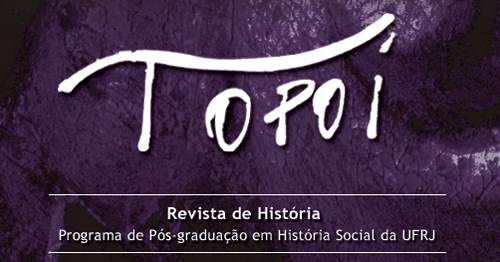In this article, I propose the concept of latency for the understanding of historical experience in the years immediately after the end of World War II. In order to recover it, I analyze photographs, postcards, ads, newspaper articles, fictional and non-fictional texts, personal memories, among others. Reading these documentary sources it is possible to think that, at least since the end of the war, there were signs of the latency "atmosphere" (stimmung), that is, the impression that something intangible was present and that it conformed the historical moment. My hypothesis is that this transformation in the social construction of time, implying a new temporality, still exists in western cultures now, in the beginning of the 21st century.
post-1945; echoes of war; temporality; latency.
